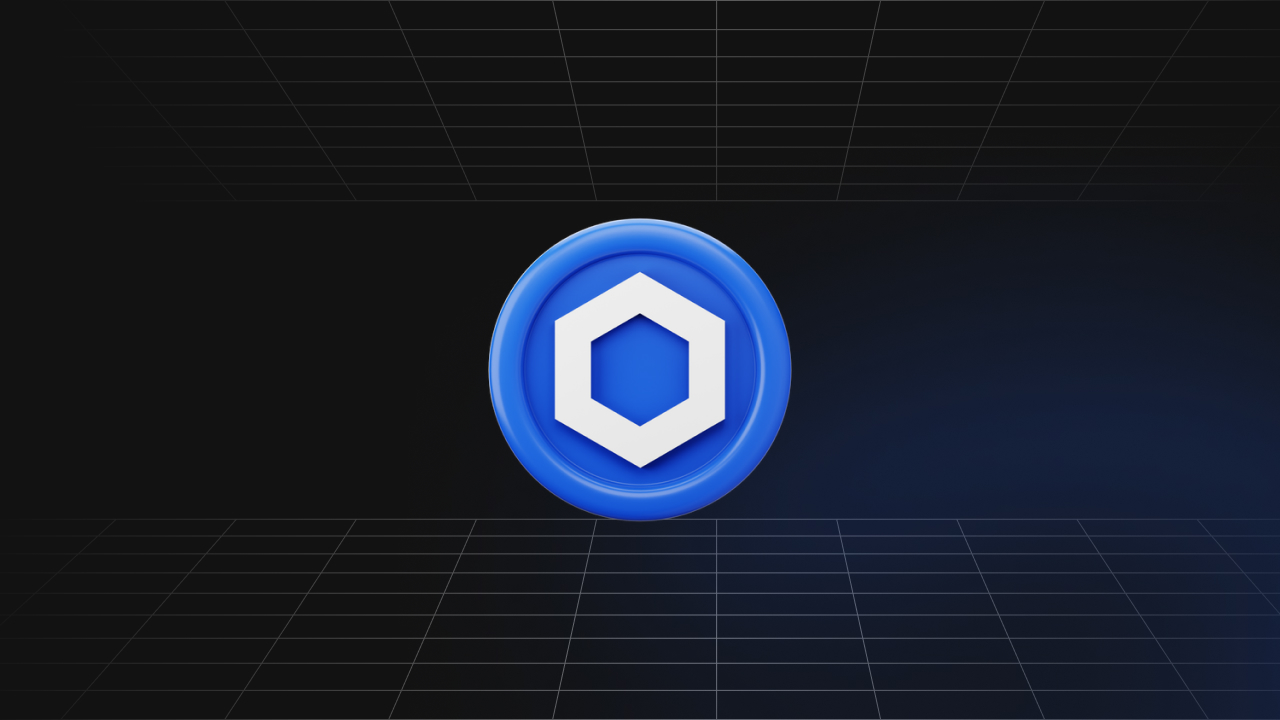August 14, 2025
From Iris Scans to Crypto Payments: The Evolution of World Network
Worldcoin (now evolving into World Network) is a global digital identity and cryptocurrency project co-founded by Sam Altman. It combines biometric iris scanning technology with blockchain to create a unique “proof of personhood” system aimed at building a fair and inclusive digital economy. Users receive Worldcoin tokens (WLD) by verifying their unique identity through the Orb device or app, fostering global participation in decentralized finance and digital identity services.
User Reach
Over 26 million total registrations in the World App, with around 12 million users verified via the Orb device.
Orb Network
Globally, there are 1,500+ active Orbs in operation.
ATH
WLD reached its peak at around $11.80 in March 2024.
Current Price
Now trades near $1.0 on DEX markets, with total value locked (TVL) in liquidity around $8–9 million, and broader protocol TVL approaching $50 million.
Biyond Long Term Trade Blotter
Entry Price
1
Target Price
3.1
long
Aug 15th, 2025
Protocol & Governance
World Network employs advanced cryptographic protocols, including zero-knowledge proofs (via Semaphore) for privacy-preserving identity verification. The system uses ZK-rollup style batching on Ethereum and sidechains like Polygon and Optimism to scale efficiently. Governance is evolving with the World Foundation as a non-profit steward managing treasury, IP, and protocol upgrades, aiming for progressive decentralization.
Founder and Key Backers
The project is spearheaded by Sam Altman, former CEO of OpenAI, whose vision is to align identity verification with AI-driven economic participation. Key backers include:
-
Leading blockchain infrastructure companies such as Optimism and Alchemy.
-
Academic partners like UC Berkeley and the University of Erlangen-Nuremberg for privacy and verification research.
-
Collaborations with governments in Taiwan and Malaysia to pilot digital identity solutions.
Tokenomics & Use Cases
Worldcoin has a fixed supply of 10 billion WLD tokens, with around 1.8 billion currently in circulation (~18% of total). The market cap is roughly $1.9–$2.1 billion, with a price in the $1.06–$1.21 range, giving it a fully diluted valuation near $10 billion. Distribution is structured as:
-
75% for free airdrops to verified users, incentivizing mass adoption
-
9.8% for the development team
-
13.5% for investors
The token enables global payments, governance rights, participation rewards, and access to exclusive decentralized applications. The World App also supports fiat and stablecoins, while new integrations—such as a Visa debit card and Stripe payments—broaden real-world usability.
Institutional Integration
World Network aims to partner with governments and enterprises to leverage its identity and payment systems:
-
Potential use in social welfare and Universal Basic Income (UBI) schemes to improve financial inclusion.
-
Corporate adoption for user verification, with Tinder being an early adopter of World ID for human verification.
-
Supported by major blockchain service providers to prioritize human activity on their chains, enhancing transaction integrity.
Competitors
Worldcoin operates in a competitive space with several projects focusing on decentralized identity verification:
-
BrightID and Civic focus on social graph and decentralized identity without biometrics.
-
IOTA’s Identity framework emphasizes scalable and self-sovereign identity solutions.
-
Traditional government-issued biometric IDs compete in centralized contexts, but often lack user privacy and decentralization.
Possible Drawbacks/Risks
Despite its innovative approach, Worldcoin faces significant challenges:
-
Privacy concerns persist regarding biometric data collection, even with privacy-preserving cryptography.
-
Regulatory pressures in countries like France, Germany, and Kenya have led to investigations and operational suspensions.
-
Security risks remain due to past exploits in Orb authentication and black markets for World IDs.
-
Ethical questions arise about deploying biometric technology in vulnerable populations, raising fears of exploitation.
-
Scalability and accessibility depend heavily on the physical availability of Orb devices, limiting global reach.
Price Outlook & Analysis
Medium-Term Price Outlook
$2
Long-Term Price Outlook
$3.1
Medium-term Analysis
In Tom DeMark’s methodology, Absolute Retracement measures how far price has moved in the opposite direction of a prior swing, without adjusting for relative or proportional size. For a bullish move from an all-time low, it reflects the raw point-based pullback during an uptrend, rather than a percentage.
Based on the Absolute Retracement study, WLD shows price targets of 1.49 USD and 2.026 USD. We believe Worldcoin has the potential to approach 2.00 USD in the medium term.

Long-term Analysis
In DeMark studies, the TDST line functions as a key static support/resistance level and can serve as a price objective when decisively breached. For Worldcoin, the relevant TDST level is derived from the highest high of a completed bearish setup.
Our analysis assigns a TDST upside target of 3.161 USD for WLD. A sustained break above this threshold would signal a shift in market sentiment, opening the path toward this objective. We view this target as realistic, contingent on Worldcoin executing its business strategy and delivering on the utility of its proposed solution.

Conclusion
Worldcoin stands at the forefront of redefining digital identity and financial inclusion in the AI era. Its unique combination of biometric verification and blockchain could transform how billions prove their humanity online. However, balancing privacy, security, and ethical considerations will be critical to its long-term success. If these challenges are managed effectively, World Network could become a foundational infrastructure for the future digital economy.



